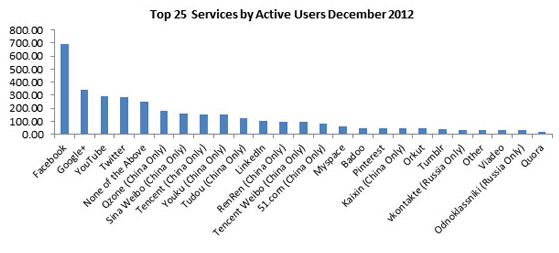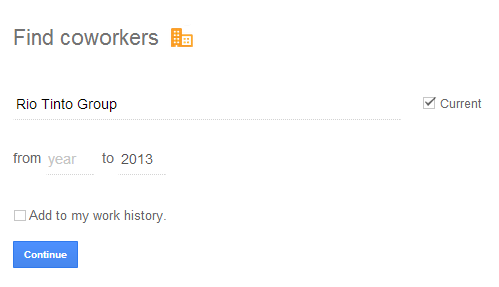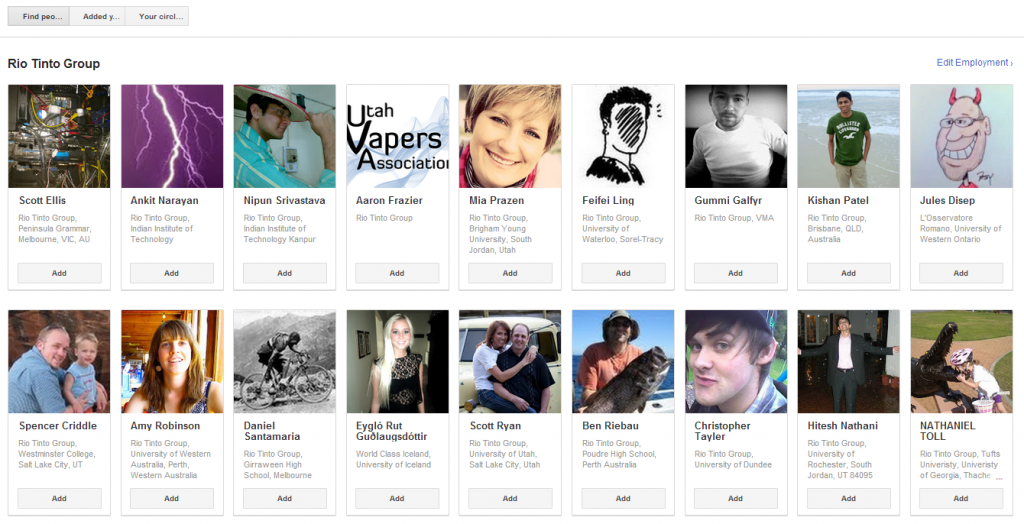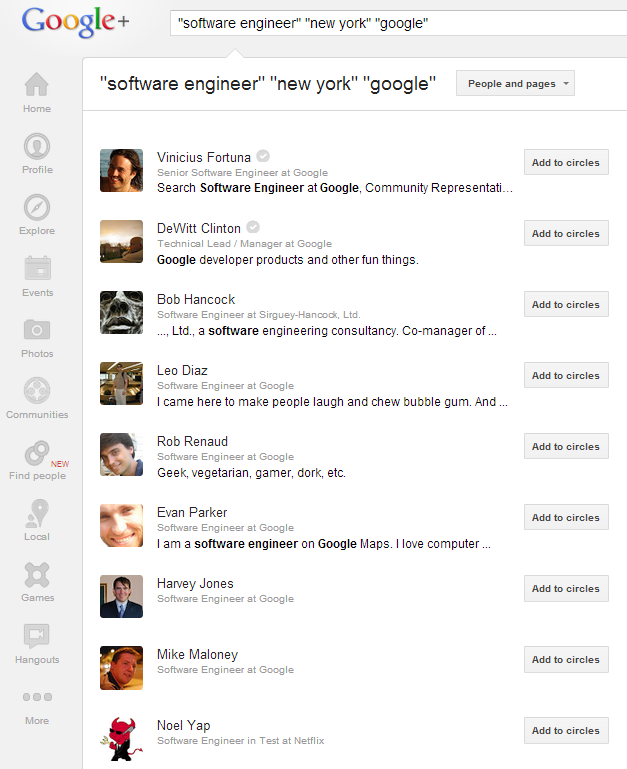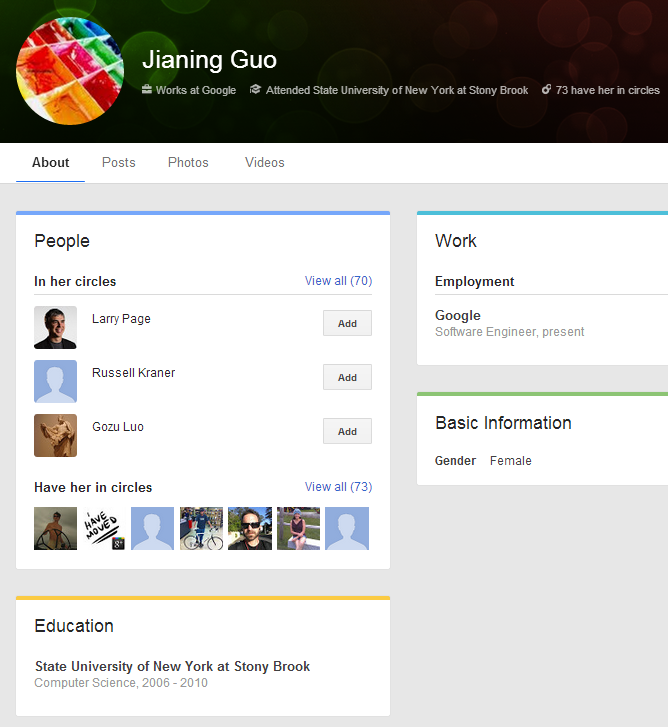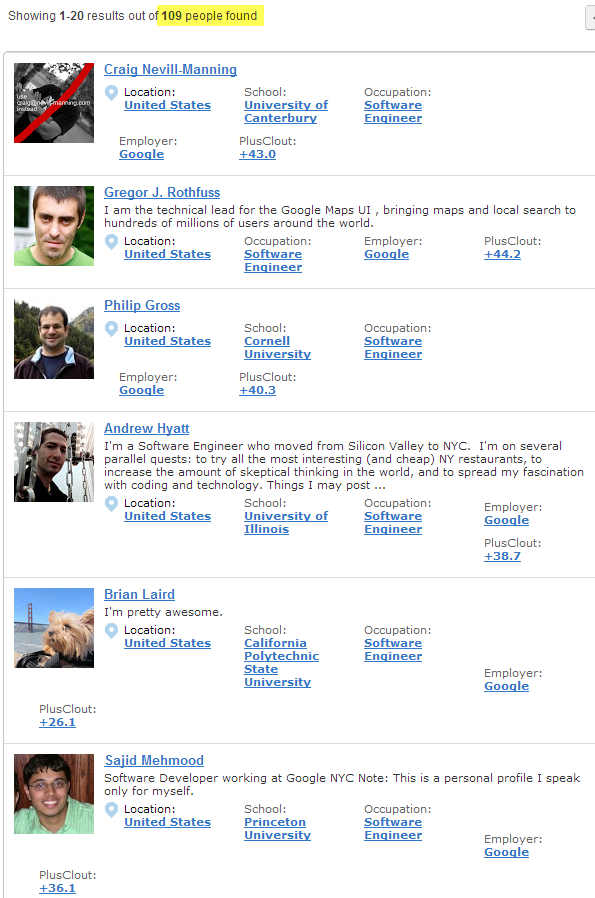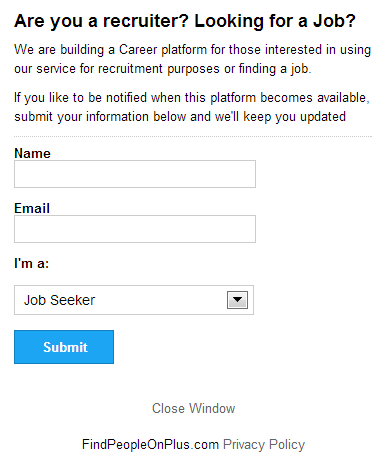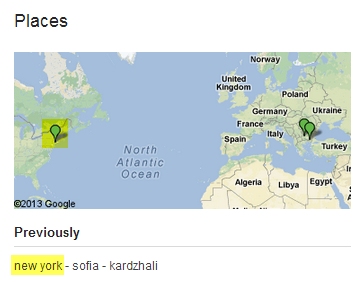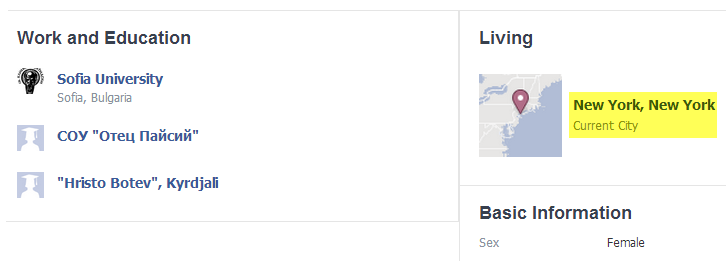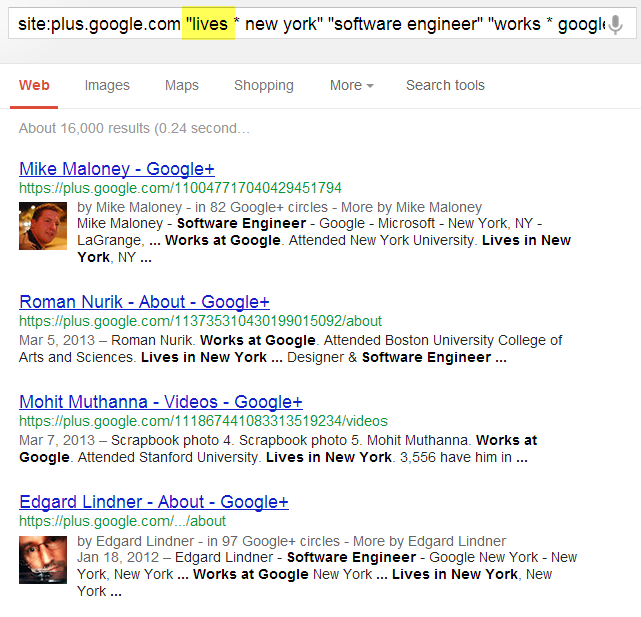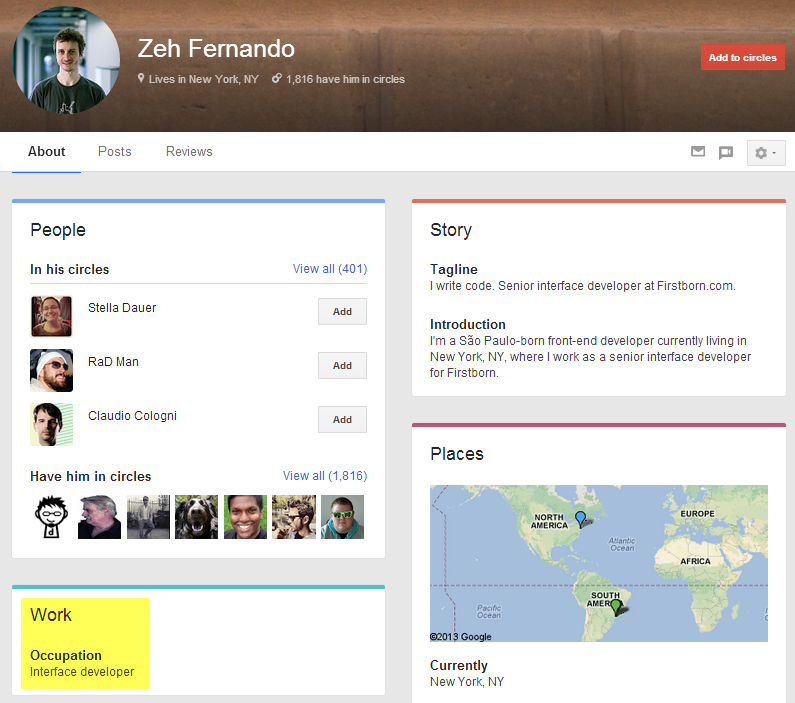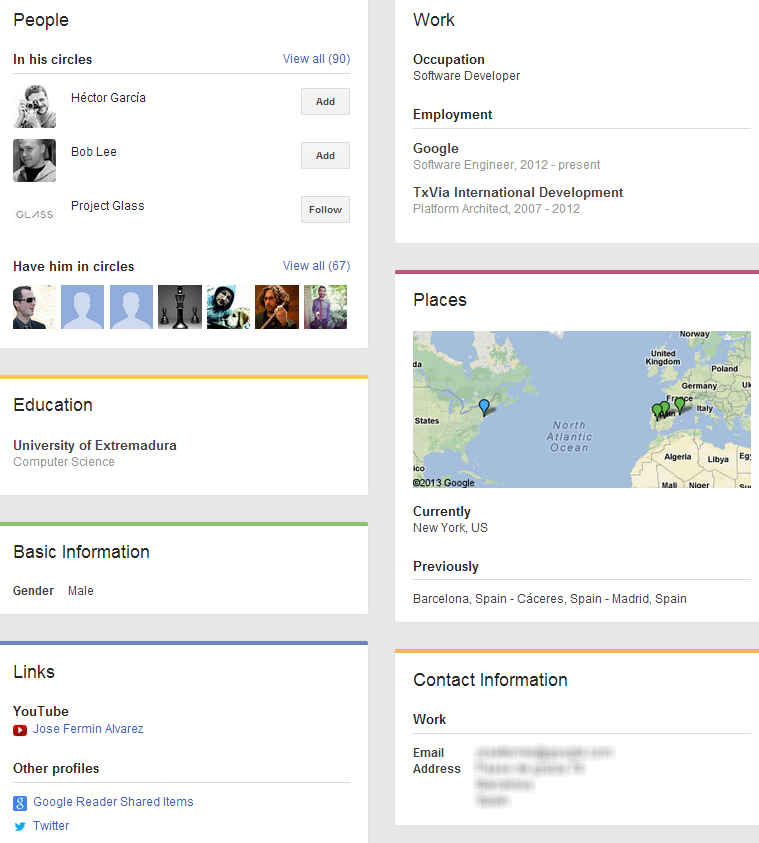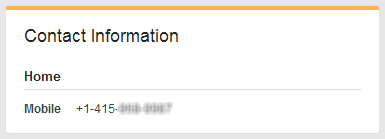It’s been a LONG time coming, but I finally got around to updating my free sourcing & recruiting tools, guides and resources page where I now keep a current list of the best of my work all in one place for easy bookmarking and reference.
You can find it here on my main page:
Additionally, I thought I might as well put all of my best work all in one blog post as well – over 110 of my articles in one place for easy referencing!
My blog is a pursuit of passion and not of profit – if you’ve ever found anything I’ve written helpful to you, all I ask is that you tweet this out, share it on LinkedIn, like it on Facebook, or give this a +1 on Google.
Many thanks for your readership and support – please pay it forward to someone who can benefit.
Big Data, Analytics and Moneyball Recruiting
Big Data, Data Science and Moneyball Recruiting
The Moneyball Recruiting Opportunity: Analytics and Big Data
Human Capital Data is Sexy – and Sourcing is the Sexiest job in HR/Recruiting!
Is Sourcing Dead? No! Here’s the Future of Sourcing
The End of Sourcing 1.0 and the Evolution of Sourcing 2.0
How to Find Email Addresses
How to Use Gmail and Rapportive to Find Almost Anyone’s Email Address
Social Discovery
2 Very Cool and Free Social Discovery Tools: Falcon and TalentBin
Talent Communities
The Often Overlooked Problem with Talent Communities
Lean / Just-In-Time Recruiting / Talent Pipelines
What is Lean, Just-In-Time Recruiting?
Lean Recruiting & Just-In-Time Talent Acquisition Part 1
Lean Recruiting & Just-In-Time Talent Acquisition Part 2
Lean Recruiting & Just-In-Time Talent Acquisition Part 3
Lean Recruiting & Just-In-Time Talent Acquisition Part 4
The Passive Candidate Pipeline Problem
Semantic Search
What is Semantic Search and How Can it Be Used for Sourcing and Recruiting?
Sourcing and Search: Man vs. Machine/Artificial Intelligence – My SourceCon Keynote
Why Sourcers Won’t Be Replaced By Watson/Machine Learning Algorithms Any Time Soon
Diversity Sourcing
How to Perform Diversity Sourcing on LinkedIn – Including Specific Boolean Search Strings
How to Use Facebook’s Graph Search for Diversity Sourcing
Social Recruiting
How to Find People to Recruit on Twitter using Followerwonk & Google + Bing X-Ray Search
Google Plus Search Guide: How to Search and Find People on Google Plus
Facebook’s Graph Search Makes it Ridiculously Easy to Find Anyone
How to Effectively Source Talent on Social Networks – It Requires Non-Standard Search Terms!
How a Recruiter Made 3 Hires on Twitter in Six Weeks!
Twitter 101 for Sourcers and Recruiters
How Social Recruiting has NOT Changed Recruiting
Social Recruiting – Beyond the Hype
Sourcing Social Media Requires Outside the Box Thinking
Social Networking Sites vs. Job Boards
LinkedIn Sourcing and Recruiting
Sourcing and Searching LinkedIn: Beyond the Basics – SourceCon Dallas 2012
LinkedIn’s Dark Matter – Profiles You Cannot Find
How to Get a Higher LinkedIn InMail Response Rate
The Most Effective Way to X-Ray Search LinkedIn
LinkedIn Catfish: Fake Profiles, Real People, or Just Fake Photos?
LinkedIn Search: Drive it Like you Stole It – 8 Minute Video of My LinkedIn Presentation in Toronto
How to Search LinkedIn and Control Years of Experience
How to Quickly and Effectively Grow Your LinkedIn Network
How to View the Full Profiles of our 3rd Degree Connections on LinkedIn for Free
How to Find and Identify Active Job Seekers on LinkedIn
LinkedIn Profile Search Engine Optimization
Free LinkedIn Profile Optimization and Job Seeker Advice
The 50 Largest LinkedIn Groups
How to See Full Names of 3rd Degree LinkedIn Connections for Free
How I Search LinkedIn to Find People
LinkedIn’s Undocumented Search Operator
Does LinkedIn Offer Recruiters any Competitive Advantage?
Have You Analyzed the Value of Your LinkedIn Network?
Where Do YOU Rank In LinkedIn Search Results?
What is the Total Number of LinkedIn Members?
Beware When Searching LinkedIn By Company Name
How to Search for Top Students and GPA’s on LinkedIn
What’s the Best Way to Search LinkedIn for People in Specific Industries?
18 LinkedIn Apps, Tools and Resources
LinkedIn Search: What it Could be and Should be
How to Search Across Multiple Countries on LinkedIn
Private and Out of Network Search Results on LinkedIn
How to “Unlock” and view “Private” LinkedIn Profiles
Searching LinkedIn for Free – The Differences Between Internal and X-Ray Searching
Sourcing and Boolean Search
Basic Boolean Search Operators and Query Modifiers Explained
How to Find Resumes On the Internet with Google
Challenging Google Resume Search Assumptions
The Top 15 Talent Sourcing Mistakes
Why Boolean Search is Such a Big Deal in Recruiting
How to Become a World Class Sourcer
Enough with the Exotic Sourcing Already – What’s Practical and What Works
Sourcing is So Much More than Tips, Tricks, Hacks, and Google
How to Find, Hire, Train, and Build a Sourcing Team – SourceCon 2013
How to Use Excel to Automatically Build Boolean Search Strings
The Current and Future State of Sourcing
Why So Many People Stink at Searching
Is your ATS a Black Hole or a Diamond Mine?
How to Find Bilingual Professionals with Boolean Search Strings
How to Best Use Resume Search Aggregators
How to Convert Quotation Marks in Microsoft Word for Boolean Search
Boolean Search, Referral Recruiting and Source of Hire
The Critical Factors Behind Sourcing ROI
What is a “Boolean Black Belt?”
Beyond Basic Boolean Search: Proximity and Weighting
Why Sourcing is Superior to Posting Jobs for Talent
The Future of Sourcing and Talent Identification
Sourcing is an Investigative and Iterative Process
Beyond Boolean Search: Human Capital Information Retrieval
Is Recruiting Top Talent Really Your Company’s Top Priority?
Sourcing is NOT an Entry Level Function
The Internet Has Free Resumes. So What?
How to Search Spoke, Zoominfo and Jigsaw for Free
Job Boards vs. Social Networking Sites
What to Do if Google Thinks You’re Not Human: the Captcha
What if you only had One Source to Find Candidates?
Passive Recruiting is a Myth – It Doesn’t Exist
Sourcing: Separate Role or Integrated Function?
The #1 Mistake in Corporate Recruiting
How I Learned What I Know About Sourcing
Resumes Are Like Wine – They Get Better with Age!
Why Do So Many ATS Vendors Offer Such Poor Search Functionality?
Do Candidates Really Want a Relationship with their recruiter?
What to Consider When Creating or Selecting Effective Sourcing Training – SourceCon NYC
Sourcing Challenge – Monster vs. Google – Round 1
Sourcing Challenge – Monster vs. Google – Round 2
Do You Have the Proper Perspective in Recruiting?
Job Boards and Candidate Quality – Challenging Popular Assumptions
When it Comes to Sourcing – All Sources Are Not Created Equal
Boolean Search String Experiments
Boolean Search String Experiment #1
Boolean Search String Experiment #1 Follow Up
Boolean Search String Experiment #2


